This Nicaraguan Finca Idealista Extended Anaerobic Fermentation nano lot is from Gold mountain coffee growers.
Fermentation
What is fermentation? What does it have anything to do with coffee?
Generally coffee there are three primary methods of extracting the seed from the coffee fruit. All methods are typically just called processing.
Two of these processes rely on dry fermentation or Aerobic fermentation. The first leaves the coffee cherry intact and is called a natural or fully dried process. While the second removes as little as just the skin, or as much as possible of the fruit, up to the seed. This method is called pulp natural or honey process.
A third primary method of processing coffee removes the skin and fruit pulp first, using a de-pulper. The result is a seed covered with fruit mucilage. These mucilage coated seeds are then typically left in water in what is called washed processing. The coffee seeds are left to ferment in the water, and this is called Anaerobic fermentation.
Fermentation continues (typically for 12 – 48 hours) until the fruit pulp or mucilage naturally separates from the seed. Once fermentation has caused the mucilage to separate from the seed, the coffee is washed in channels, or a second bath to remove the remaining pulp around the seed; it is then dried.
All fermentation has traditionally a method of getting to the prize, the seed.
Fermentation: The New Debate
Of all the raging debates in coffee, over the last five years, the fermentation debate is one of the newest. When Sasa Sestic won the world barista championship in 2015 using a coffee that had been fermented using a method associated with wine, namely: Carbonic maceration, many coffee people felt this was a new frontier.
Since then we at Quaffee have tasted many coffees that have had different wine and beer style ferments. We have found the difference between the normal fermentation and these to be is very noticeable.
Extended Anaerobic Fermentation lot
The Extended Anaerobic Fermentation nano lot from Finca Idealista was the result of experimentation with coffee wet processing techniques. Ben Weiner believes that extending fermentation time through temperature or by other methods has an effect on acidity and taste in coffee in all parts of the world.
Finca Idealista removed all air from several batches of their Pacas and Caturra packed in parcels. Pacas is a large bean cultivar related to Bourbon, and Caturra is a natural mutation of Bourbon. Usually these coffees from Finca Idealista produce a notable taste of mandarin orange. In this case, the extended anaerobic nano lot allowed for the accentuation of malic and citric acidities. Ben found that he tasted more notes of sweet mandarin orange combined with even more of the juiciness you’d find in a red apple.
We found this too on our roasts, with raw fresh almond also playing in the background.
About Finca Idealista
Since alliteration and prose are not our strength, we have included the farm’s description that they use to market themselves. The text below is directly from their marketing material:
Finca Idealista sits on a mountaintop that borders a nature reserve, whose trees act as a natural air conditioner for its many varieties of award-winning coffee beans. This cool microclimate lengthens the coffee cherry maturity process, allowing beans more time to absorb natural sugars and other attributes that contribute to a rounded cup profile.
Finca Idealista workers receive the highest wages around. Local pickers are trained to pick only the reddest cherries so that the farm’s crop reaches its full potential and the highest level of sweetness. Extraordinary care is taken, both during wet and dry processing, to inspect all beans and ensure that only the finest, ripest coffee is exported. In addition to washed coffee, the farm has invested in special infrastructure to increase production of natural and honey process coffee, with outstanding cupping results.
Finca Idealista invests in volcanic filters to protect the environment from run-off when coffee is washed. The volcanic material is brought from Masaya, one of Nicaragua’s volcanic regions. The farm saves its best coffee cherries to make coffee cherry tea and uses the rest as nutrients for coffee plants and fruit trees. Notably, Idealista bought a rainforest just to protect its flora and fauna.
In addition to its focus on quality, Finca Idealista, through its partner social enterprise Gold Mountain Coffee Growers, supports the growth and development of the community through educational supplies and running water for schools, scholarships and medical supplies, free computing classes for girls, and new initiatives based on needs assessment. Gold Mountain Coffee Growers won the SCAE Sustainability Award for joint economic and environmental achievements.
Our take on the coffee
Nicaraguan coffee has a niche following. We have often found it difficult to find great Nicaraguan coffees that we would be happy to offer our fellow coffee lovers. So far we have only offered 4 Nicaraguan coffees in the 12 years we have been sharing great coffees.
We took a gamble on this coffee since there was only one bag available. This gamble has allowed us to enjoy a coffee that is sweet and juicy but still has a classic nutty base to it, normally associated with Central American coffees.
It is a coffee we think anyone interested in Central American coffees should enjoy.
| Farm/Region: | Finca Idealista, Matagalpa on the border of Jinotega, Nicaragua. | |||||||||||||
|---|---|---|---|---|---|---|---|---|---|---|---|---|---|---|
| Producer: | Gold Mountain Coffee Growers. | |||||||||||||
| Harvest: | Feb 2018. | |||||||||||||
| Processing: | Anaerobic fermentation 55 hours. Solar dried on raised beds. | |||||||||||||
| Altitude: | 1,200 masl. | |||||||||||||
| Packaging: | GrainPro in Hessian. | |||||||||||||
| Cultivars: | Arabica Pacas and Caturra. | |||||||||||||
| Characteristics: | A four and a bit star complexity coffee, sweet and juicy with mandarin/apricot and raw almond undertones. | |||||||||||||
| Roast used: | A medium charge is used allowing the coffee to turn naturally. Then intense flame is added, until around 350F / 180C, where it is levelled off to extend the development time to 40 seconds after first crack, so the sugars are fully developed. | |||||||||||||
| Our brews: |
|


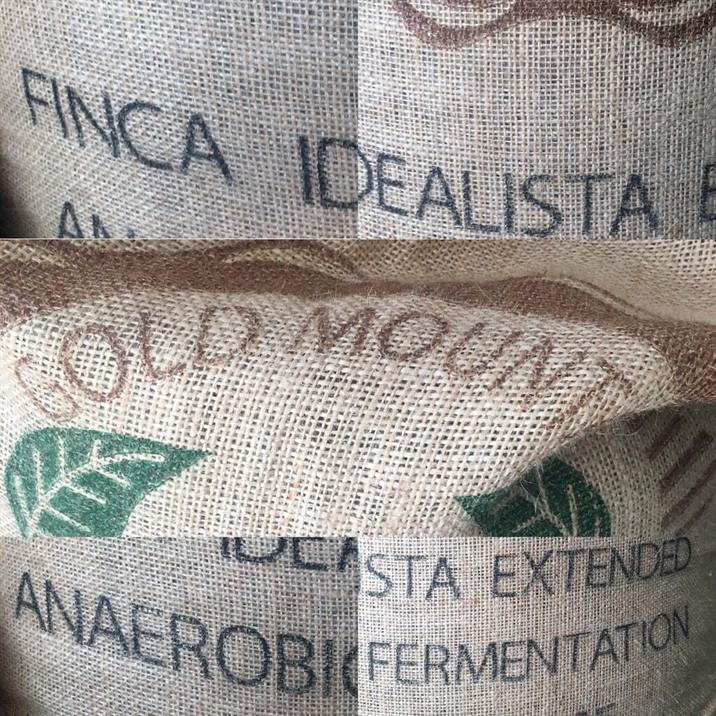
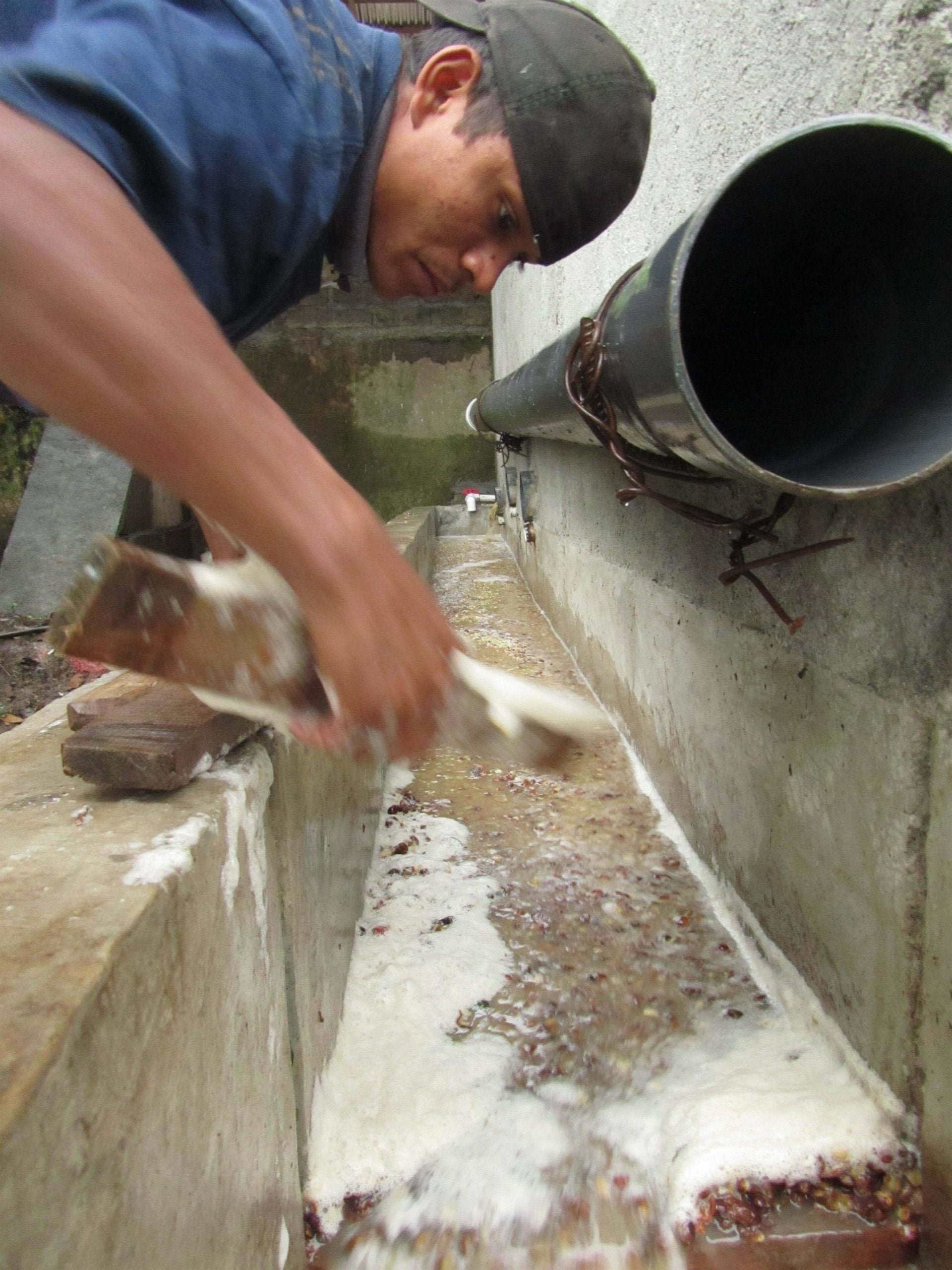
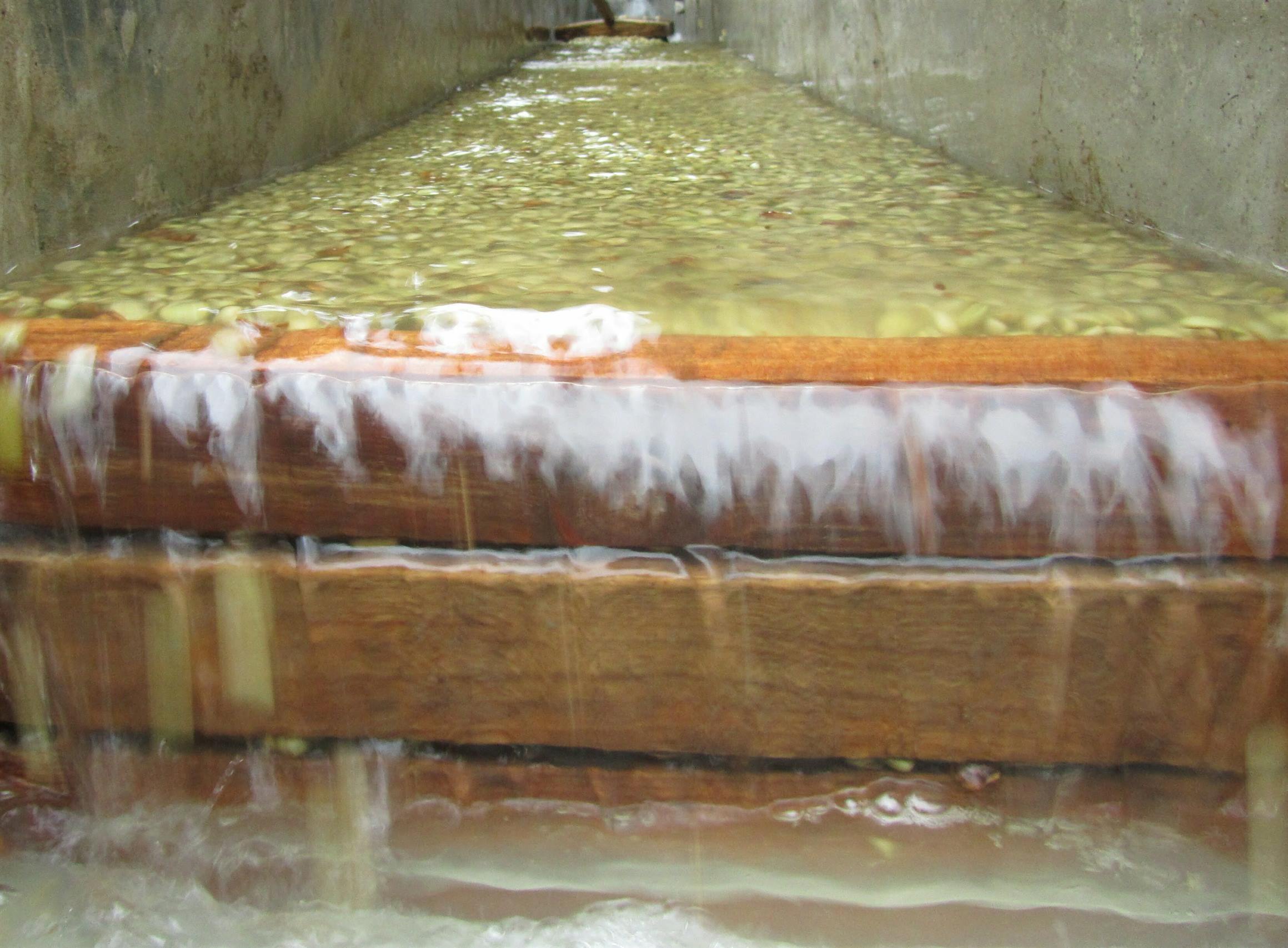
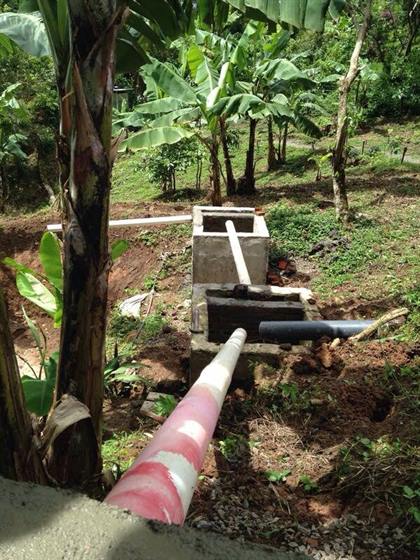
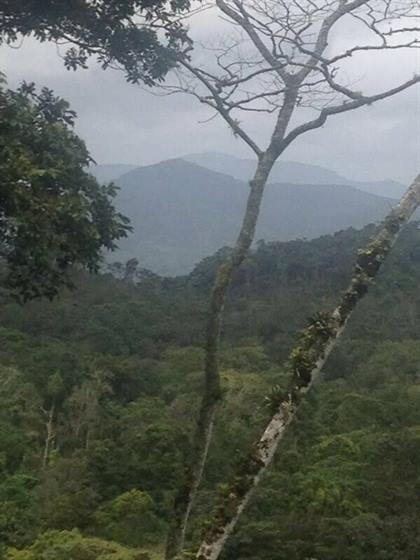
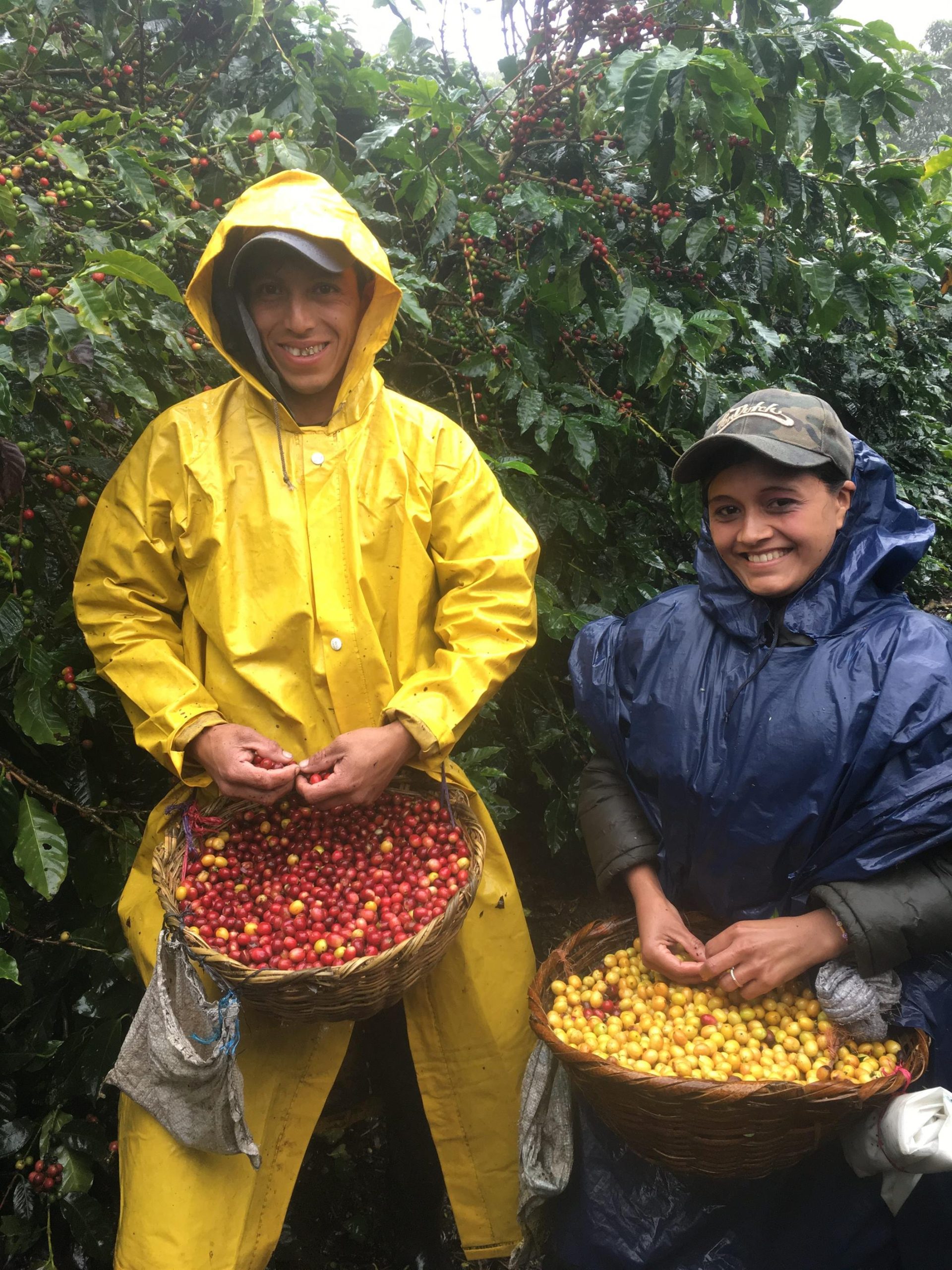
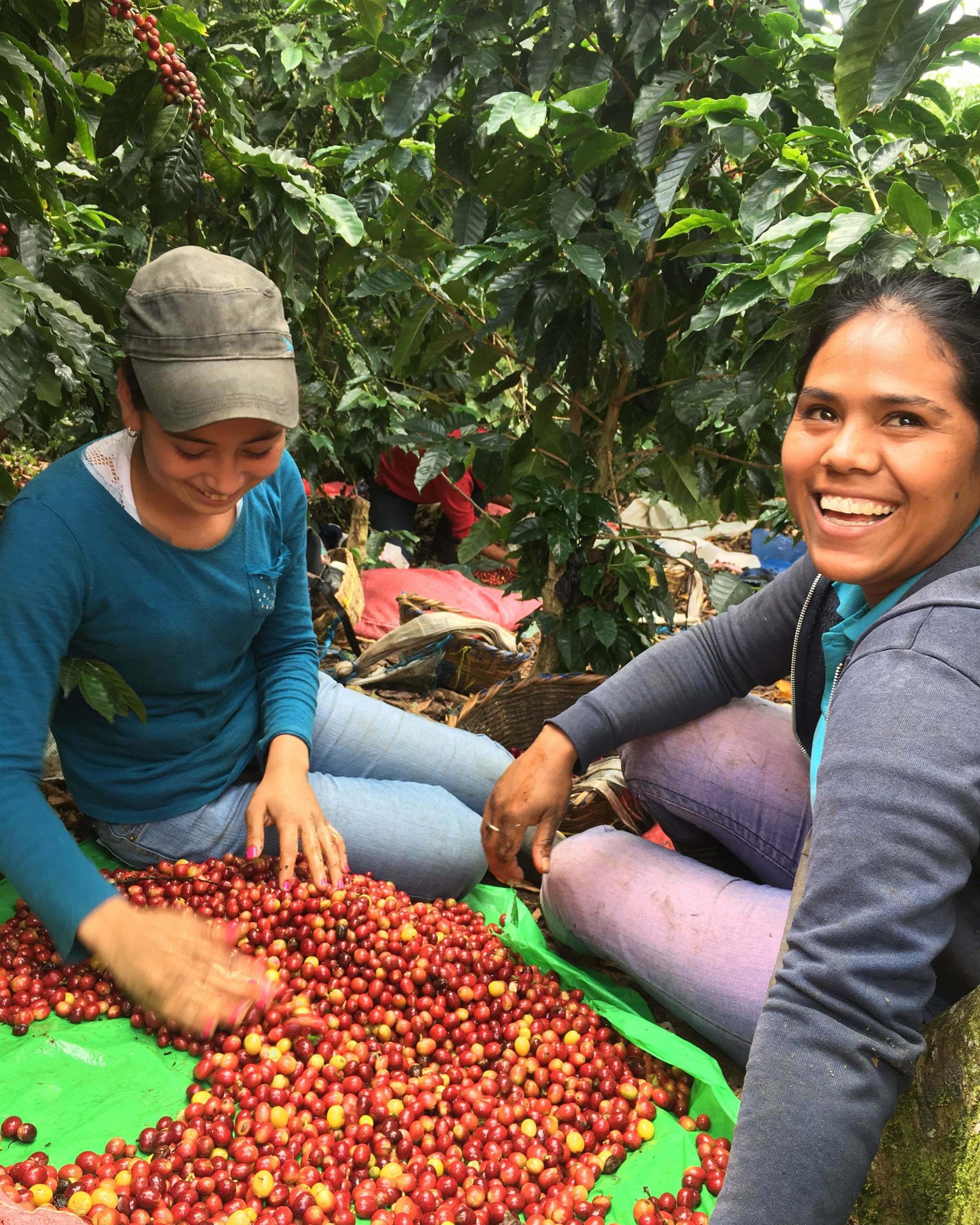
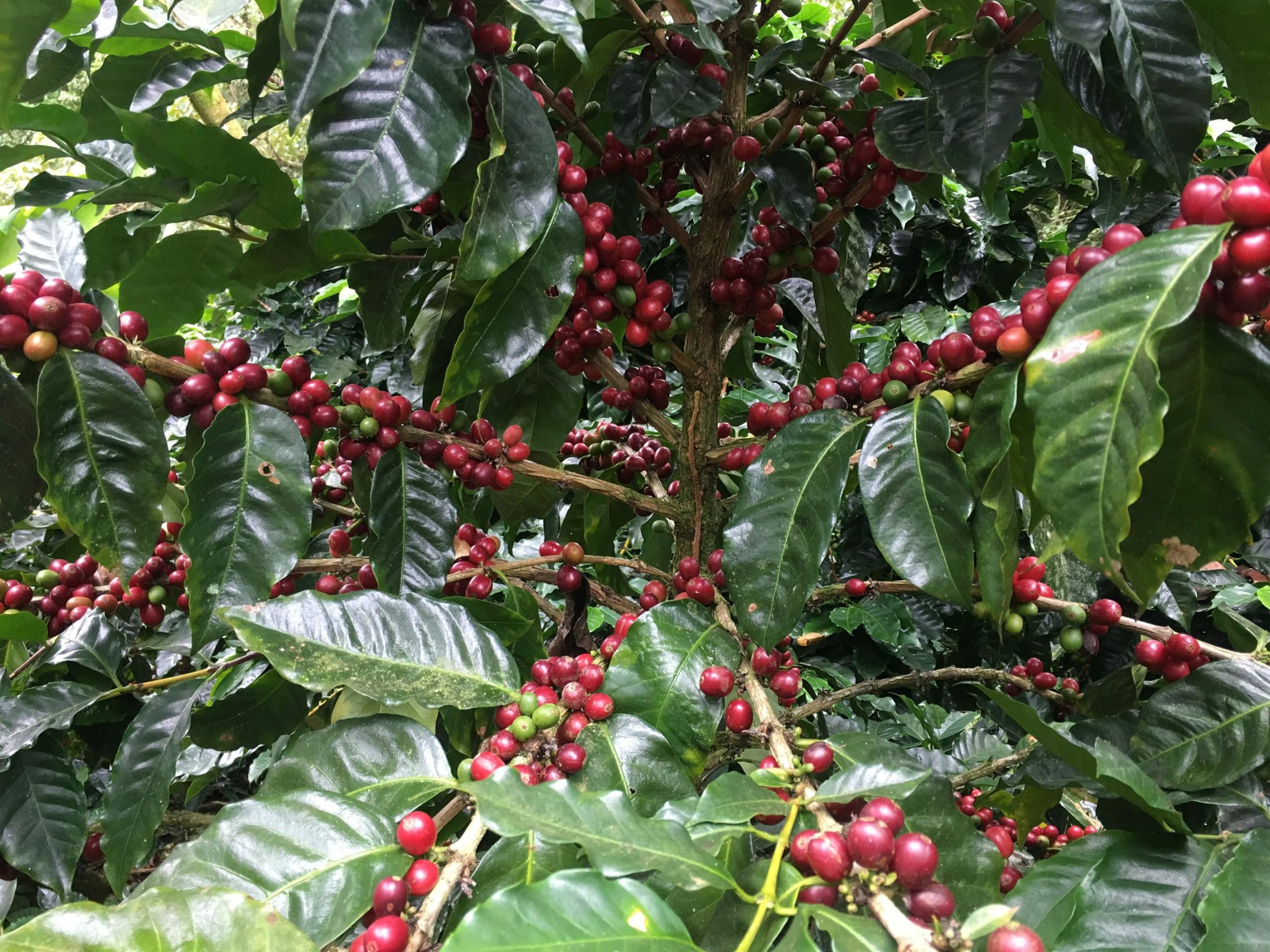
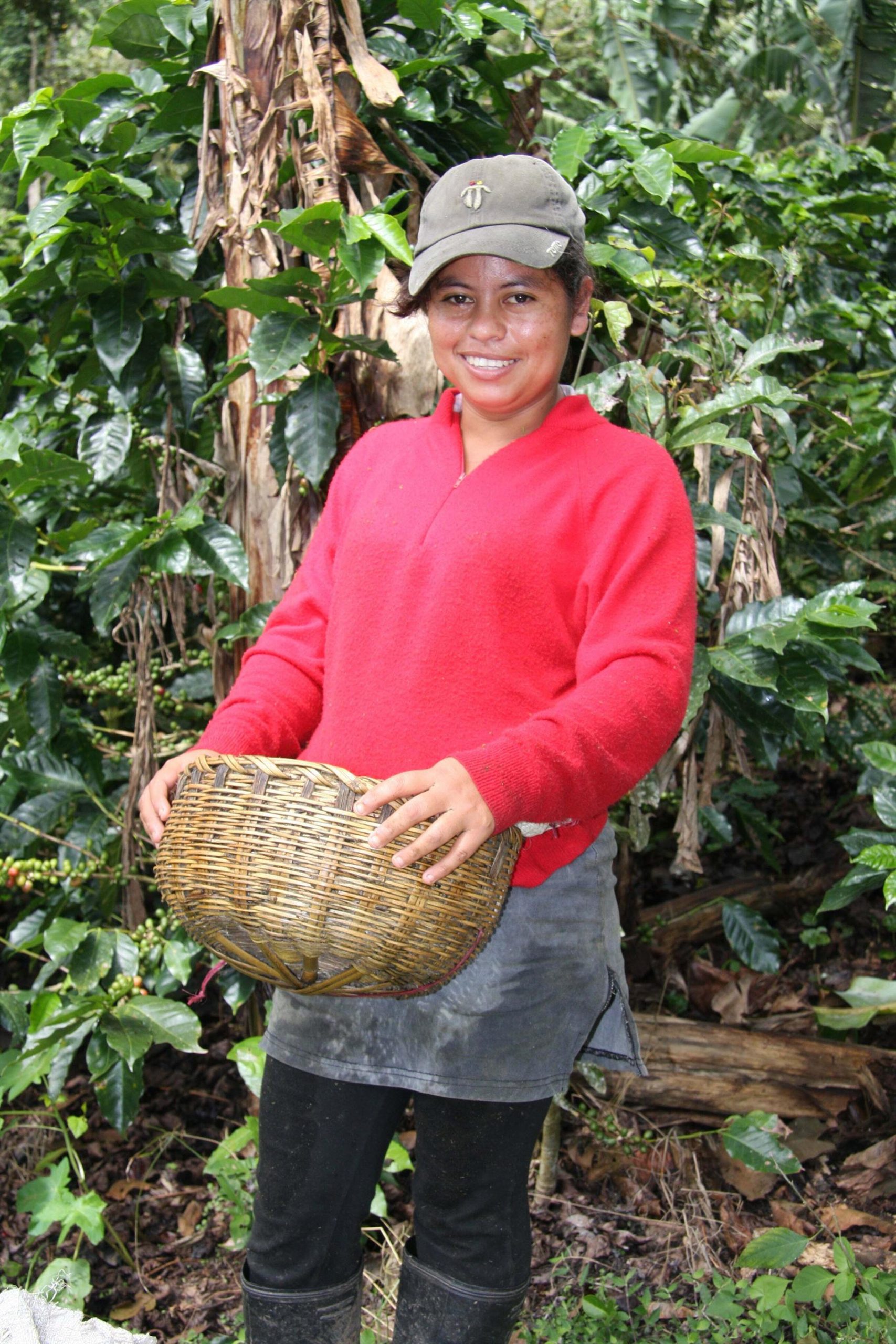
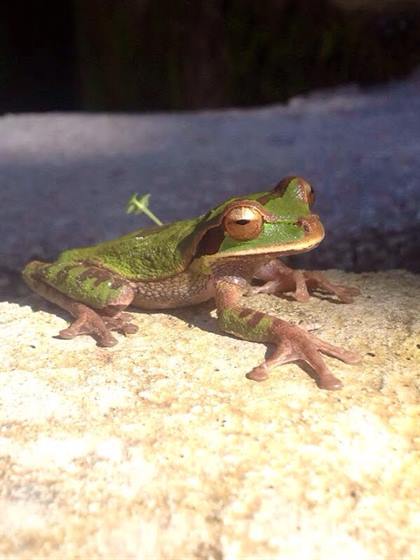
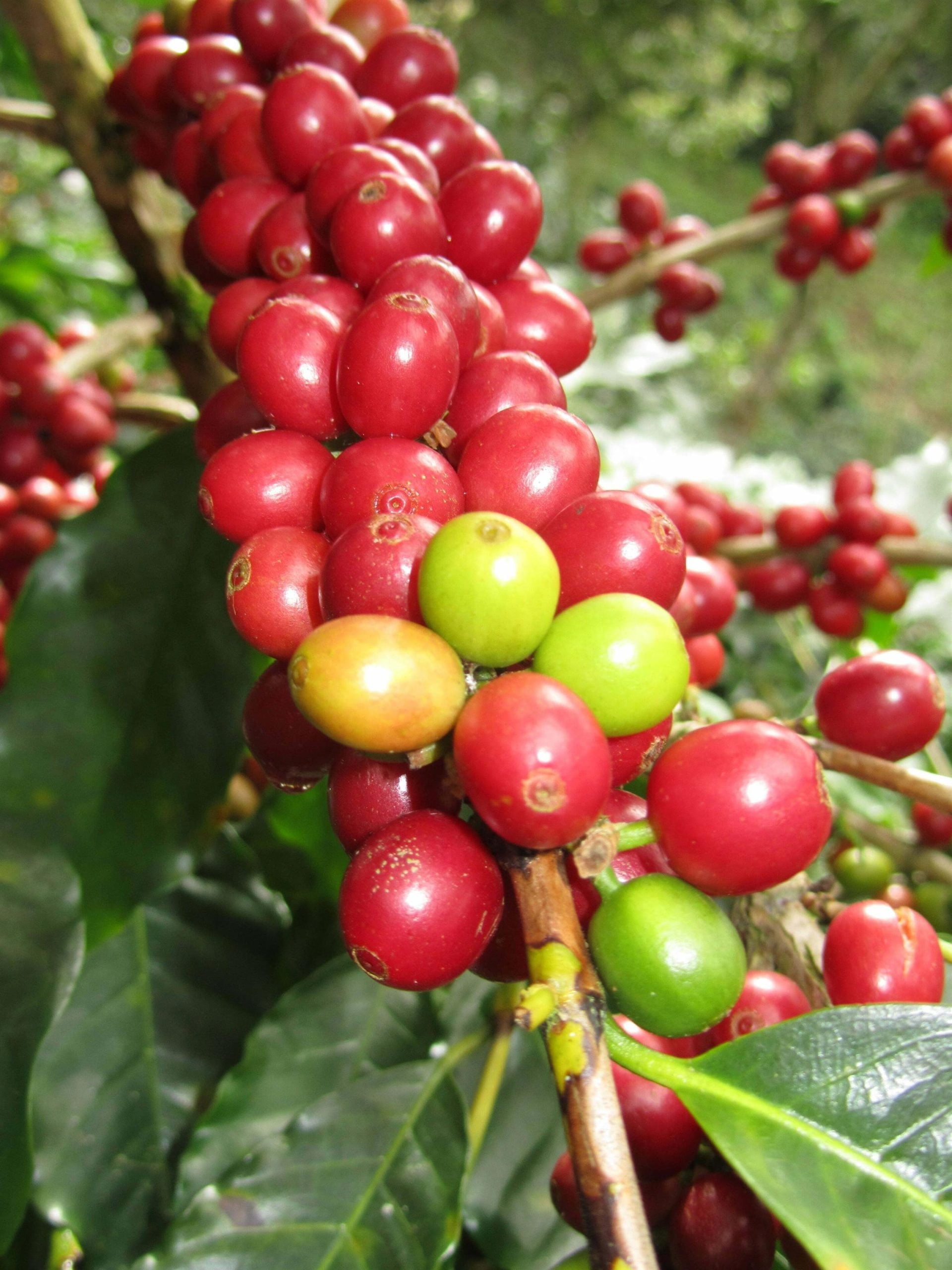
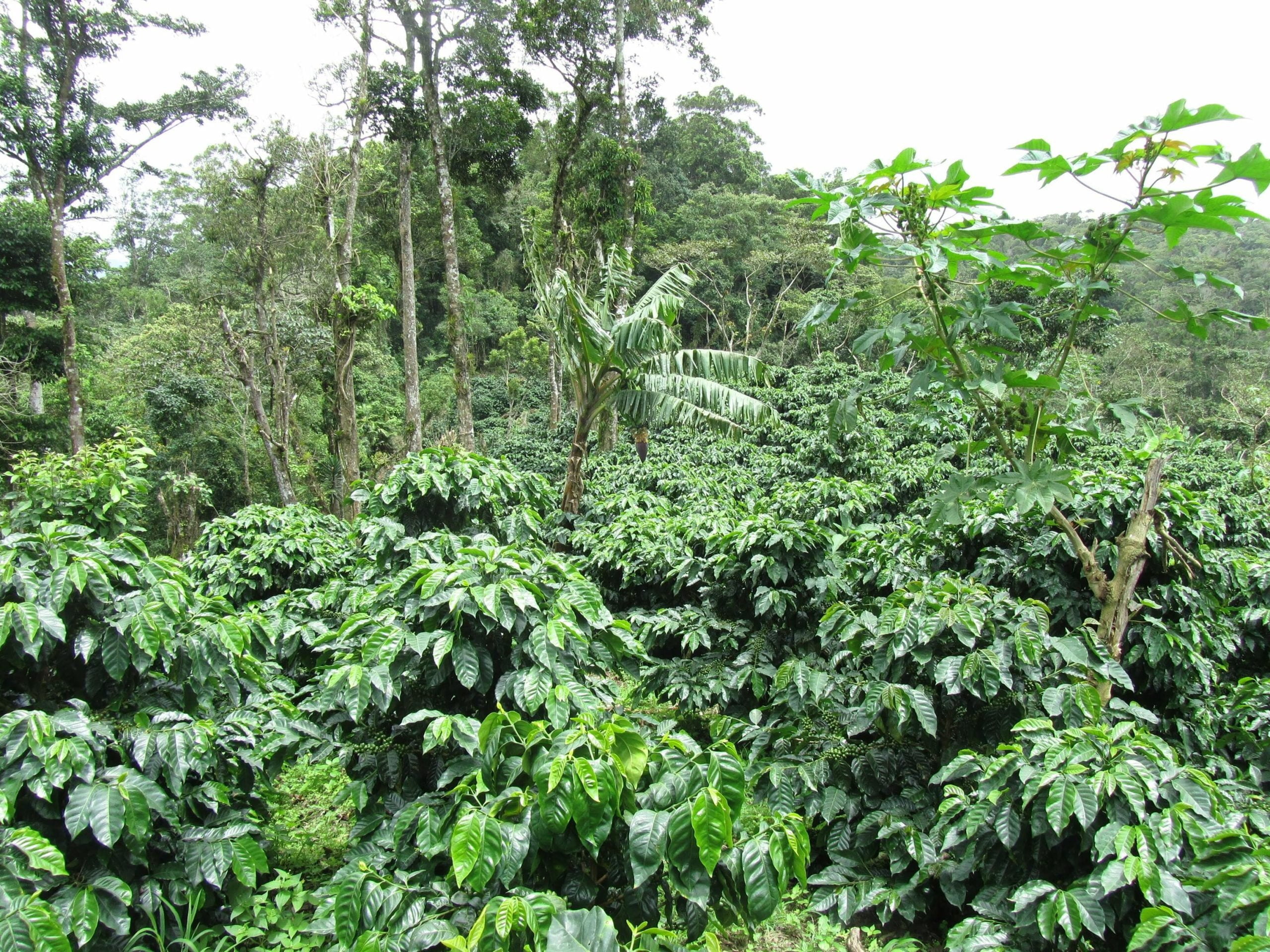
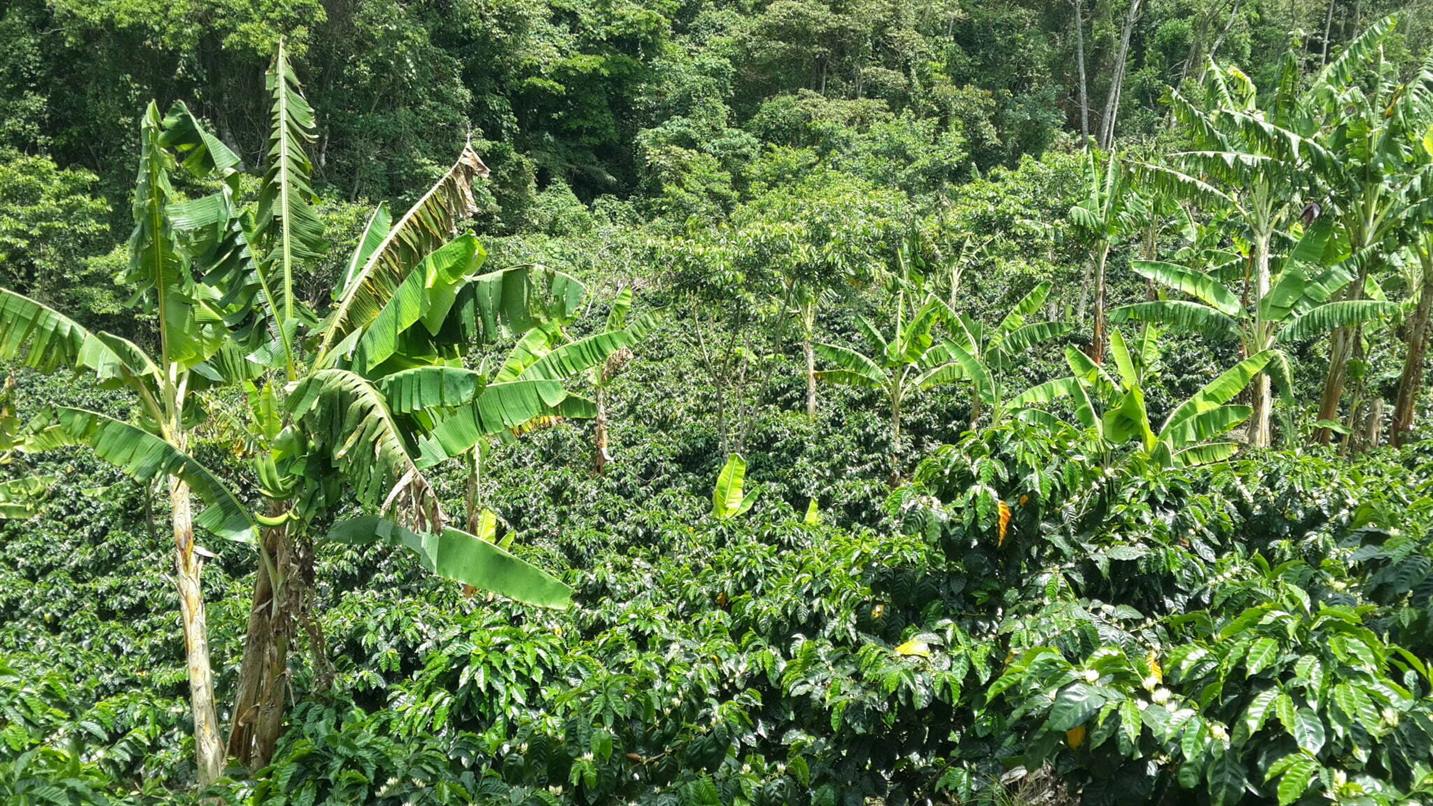
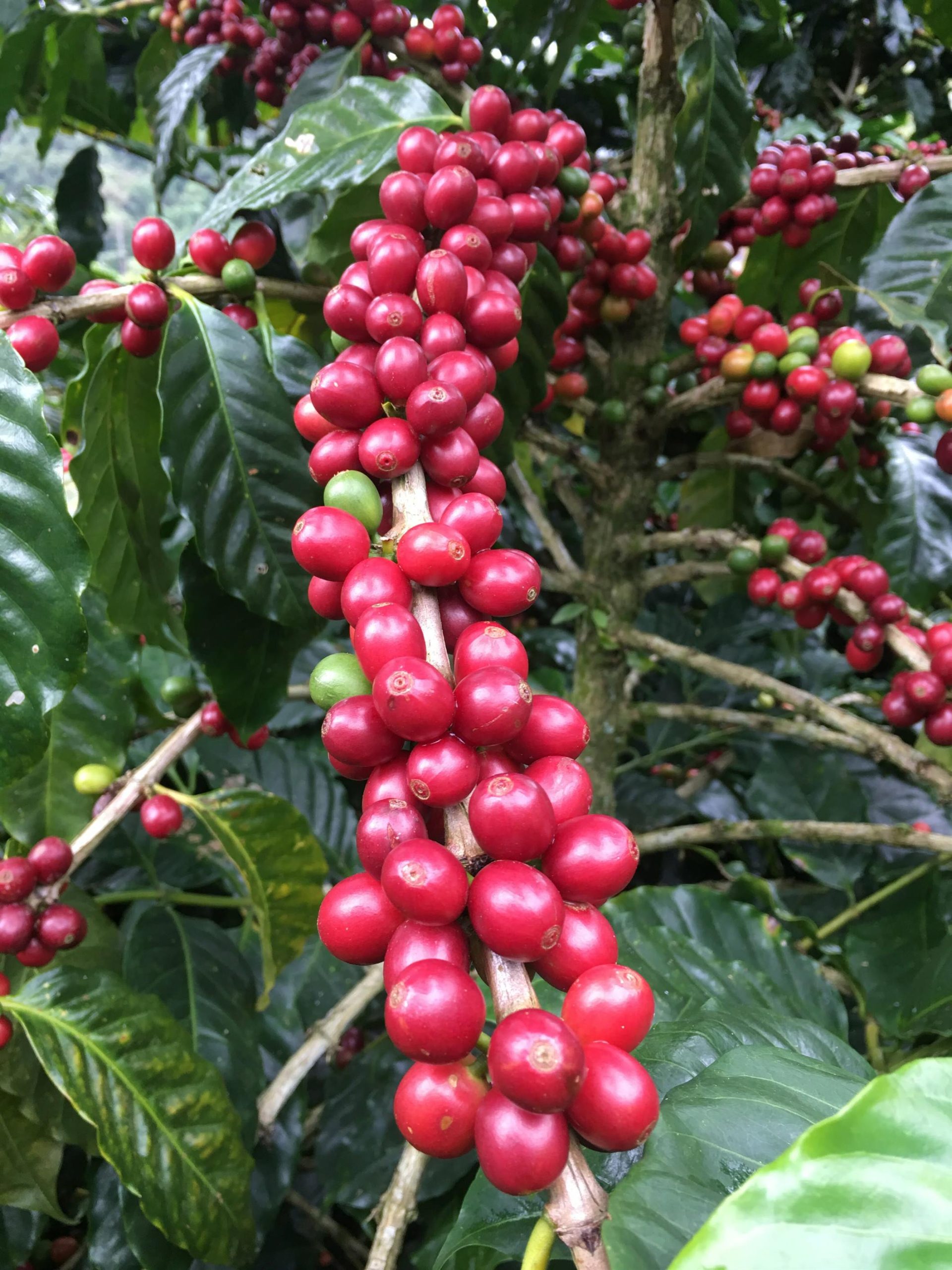
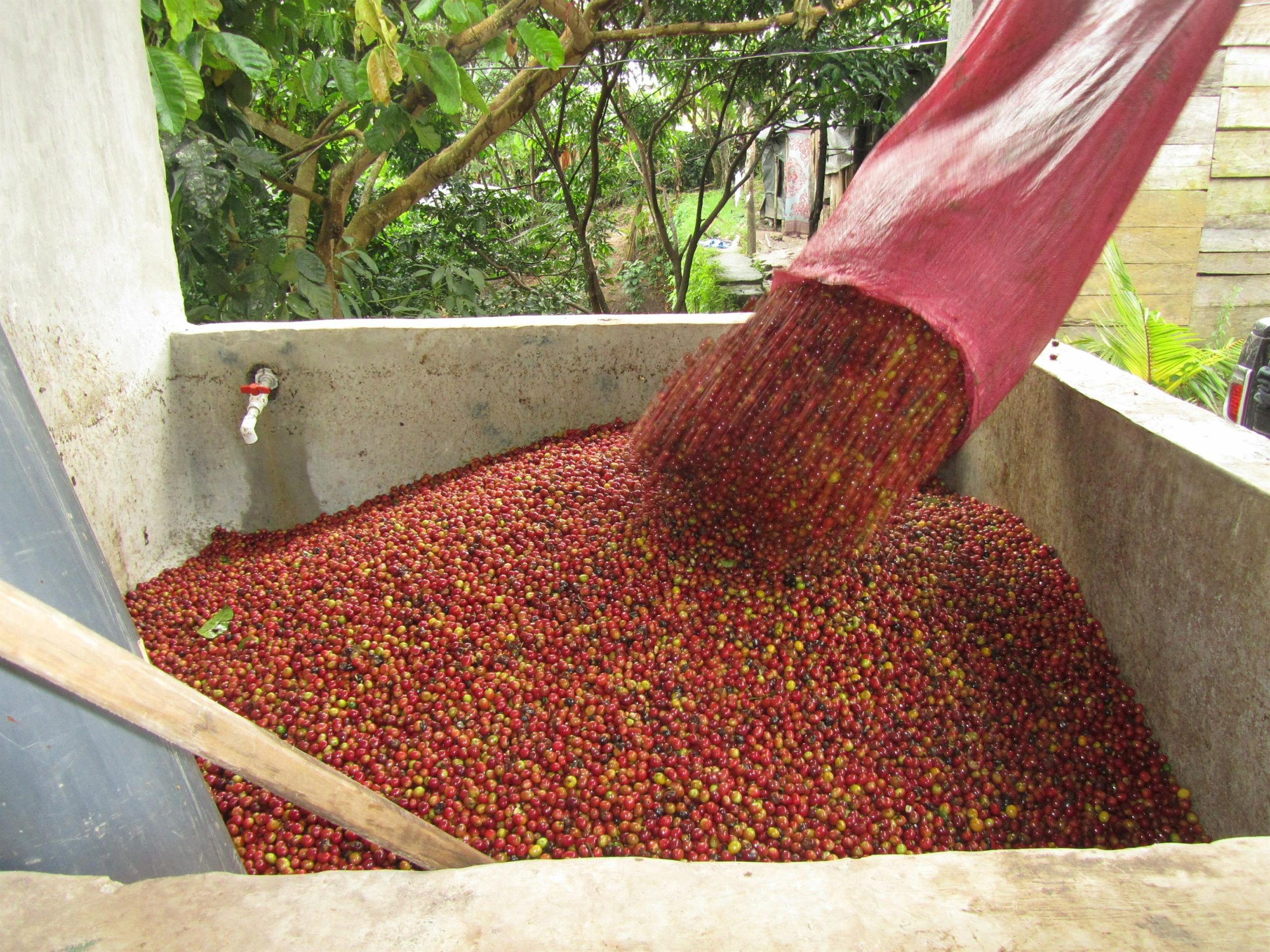
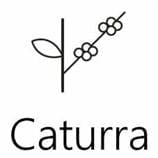
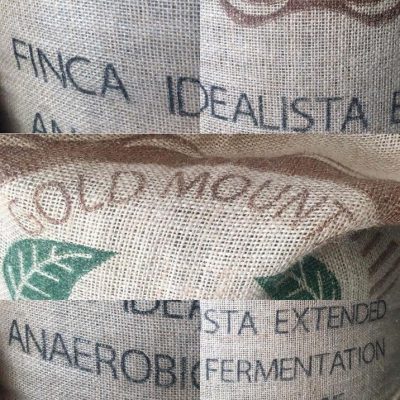
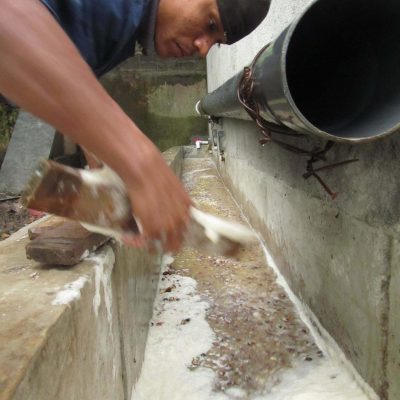
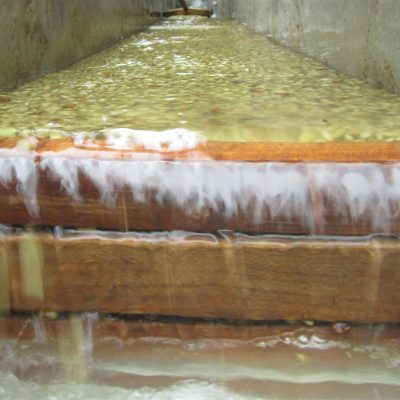

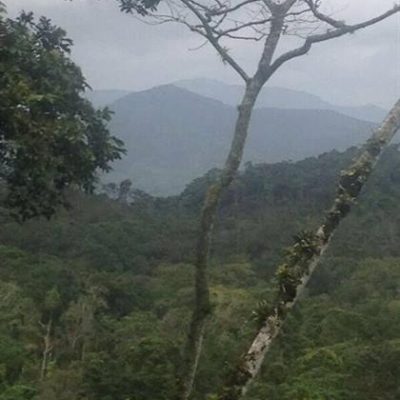
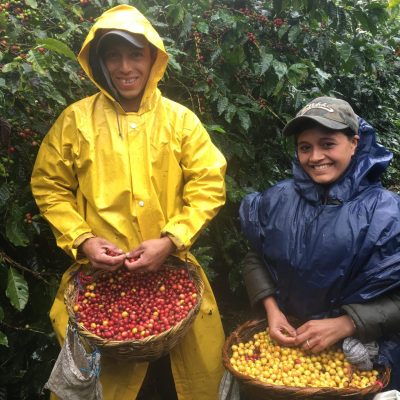
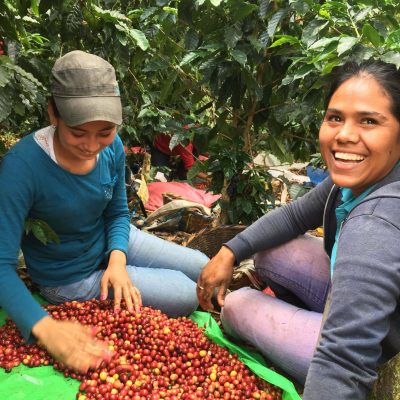
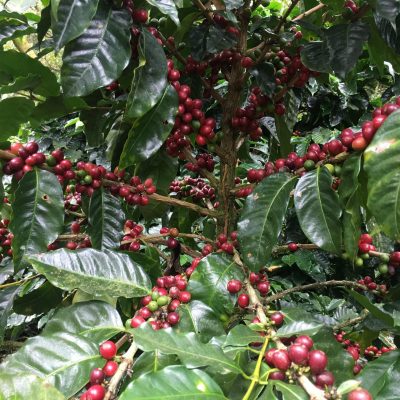
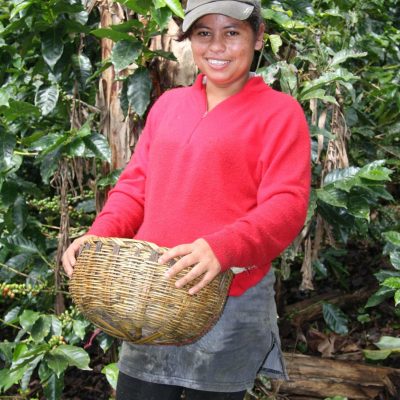
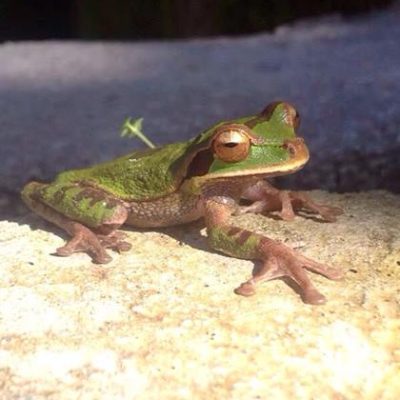
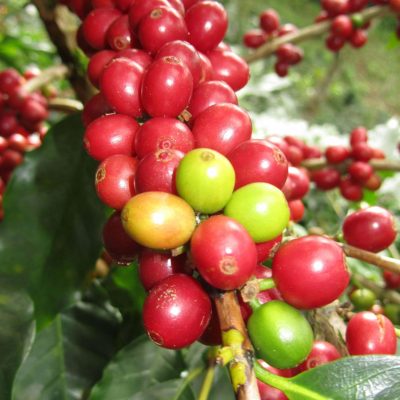
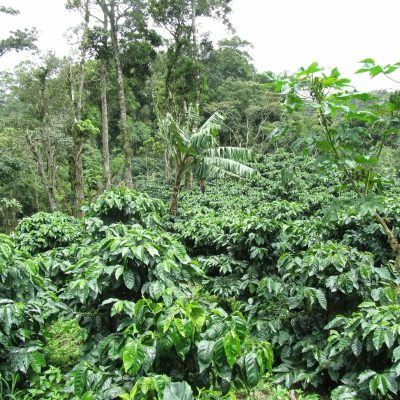
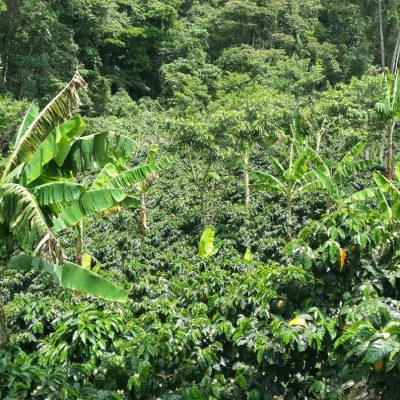
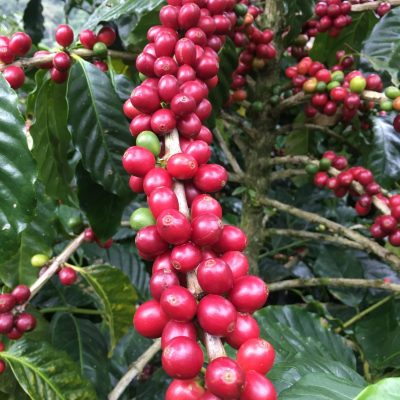
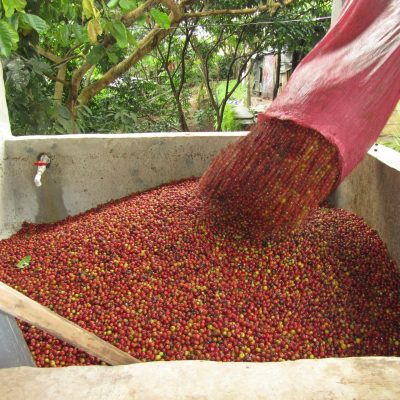
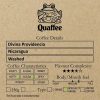
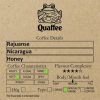

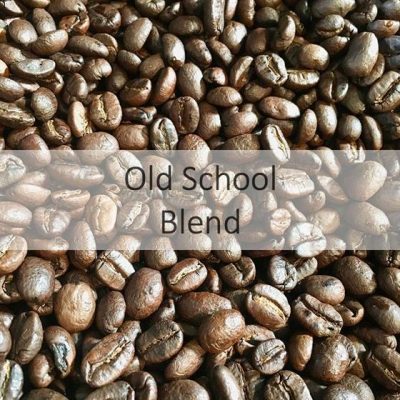
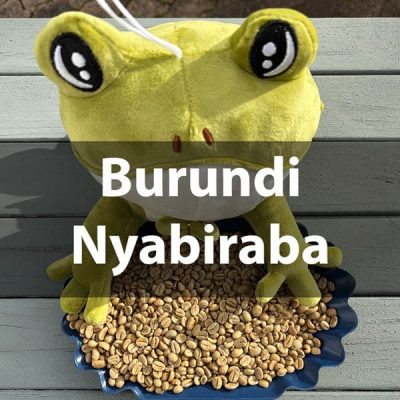
Reviews
There are no reviews yet.